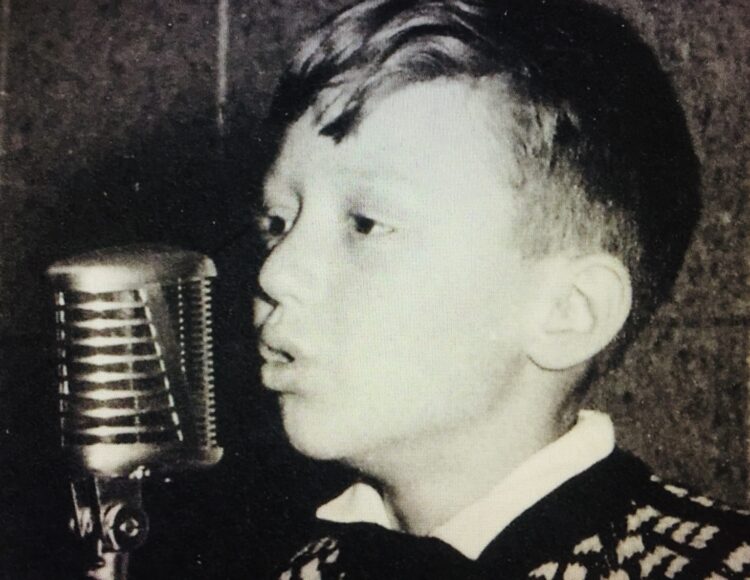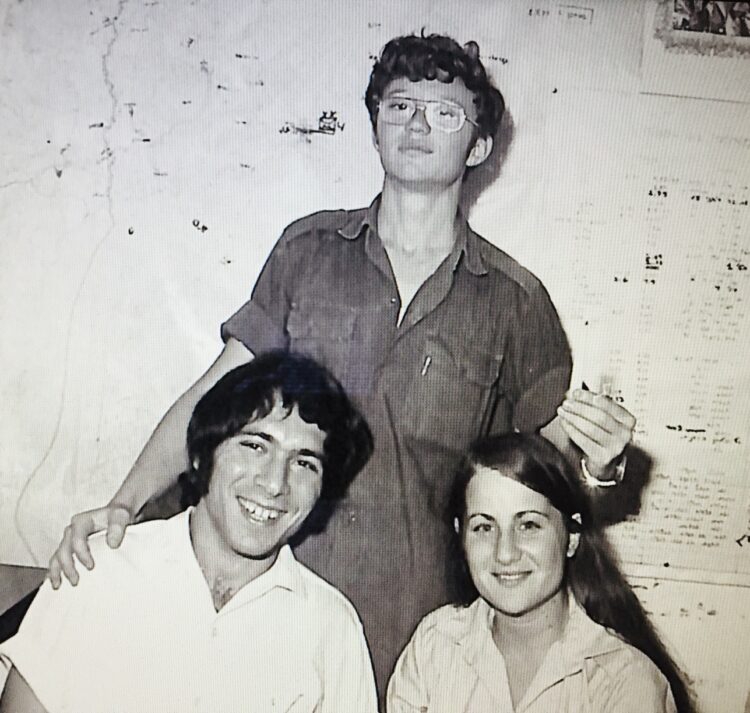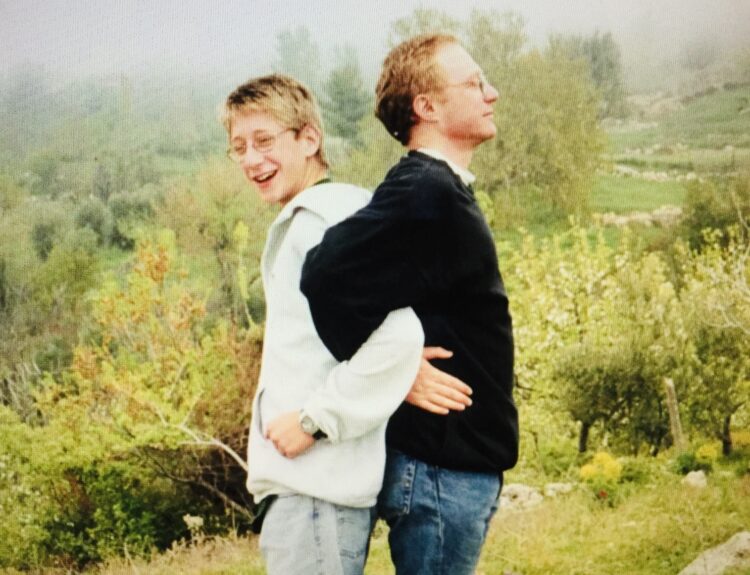David Grossman is one of Israel’s literary treasures. A writer of fiction and non-fiction, his books have been translated into 30 languages and have won an assortment of awards, including the Man Booker Prize and the Israel Prize.
In Adi Arbel’s reflective documentary, Grossman, he reflects on his life and career. It will be presented at this year’s Toronto Jewish Film Festival, which runs from June 9-26.
Born in Jerusalem in 1954, he was brought up in a poor family. His father, Yitzhak, a bus driver and a librarian, was a profound influence on Grossman inasmuch as he would bring home books for him to read.
From an early age, Grossman told stories, a talent his kindergarten teacher recognized. He was a child actor and, later, a reporter and commentator for Kol Israel.

When he was a young man, he told his girlfriend he would be an author. When he is writing, Grossman feels joy as he watches pieces of a complex puzzle fall neatly into place.
A compulsive worker, he once spent five days and nights in a hotel, writing ceaselessly from 6 a.m. to 1 a.m.

He dreams about his characters and feels “enslaved” to them.
Although he is grateful to his readers, he says he writes for himself.
In the main, Grossman speaks from his home in Mavasseret Zion, a town near Jerusalem. At the beginning of the film, he is seen sightseeing in Croatia and speaking to a group of women who have translated his books from Hebrew into various languages. Grossman’s works run the gamut from The End of the Land to The Yellow Wind.
He’s a left-wing political activist, and in one scene, he visits a Palestinian refugee camp. He finds it hard to believe the camp is so close to his home.
During the first Palestinian uprising, he upset the powers that-be at Kol Israel and was summarily fired. He returned to creative writing, wondering whether he could earn a living as an author.
During the 2006 war in Lebanon, he called for a ceasefire. On the last day of the war, his 20-year-old son, Uri, a tankist, was killed when a Hezbollah rocket struck his tank.

“Suddenly, my whole world fell apart,” he says, adding that the despair and pain were intolerable.
Toward the end of the film, Grossman discloses he is on the cusp of writing a new book, which arouses in him an “inner fever” and “inner burning.” He knows “something is coming,” but he has no idea what it may be.
Whatever it is, readers can probably rest assured that his latest book will be worthy of their time.
